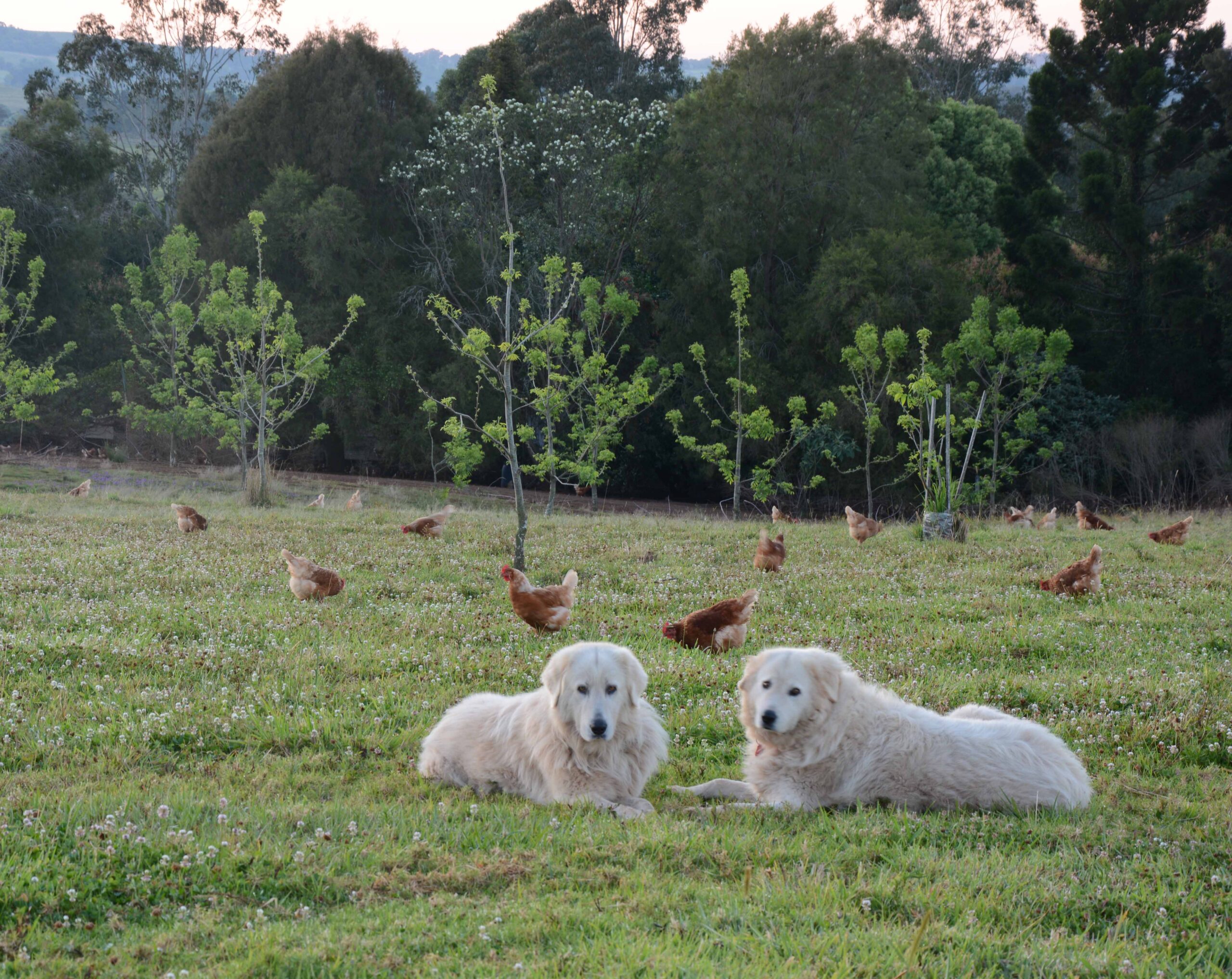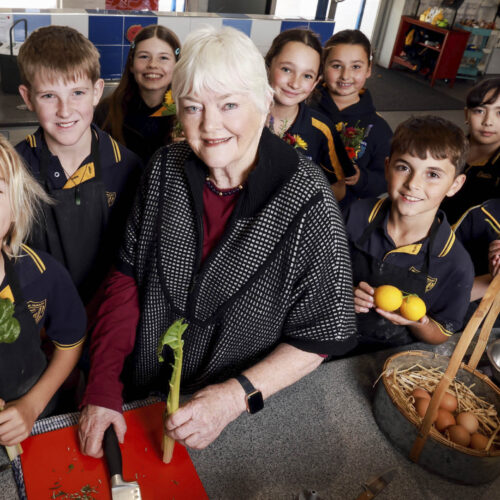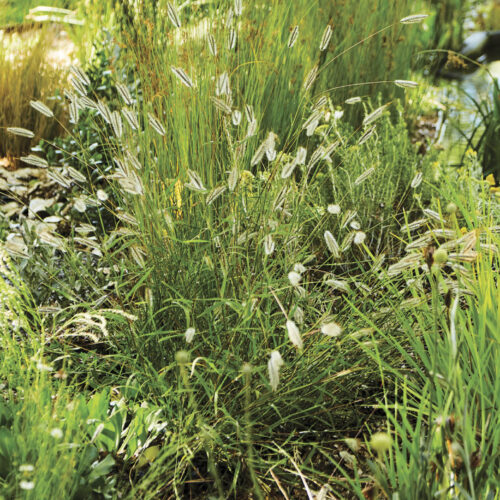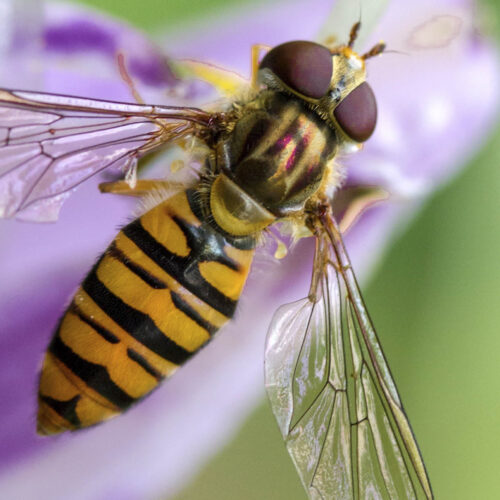The future is organic
2019-06-20T05:57:32+10:00
One organic farmer has been very successful with his organic chickens and the bonus is the Maremma sheepdogs that watch his flock.
When his avocado trees succumbed to phytophthora (root rot) about 20 years ago, Simon Cripps Clark decided to try something new. Today, on his 28-hectare (70-acre) farm near Lismore, NSW, he has pecans, mangoes, several types of subtropical fruit, and 6000 laying hens, producing almost 500 dozen eggs a day. Why chickens? “I like chickens,” he says. “I’ve had them since I was a kid.”
Organigrow eggs are, as the name suggests, certified organic, which is a very different concept to free-range.
“My chooks actually get to go outside,” Simon says. “In fact, they have no barriers to stop them going in and out of the eco-shelters as they like.”
Whereas national free-range standards allow 10,000 hens per hectare, and don’t actually specify they go outdoors, organic standards insist hens have access to outdoor greens and are stocked no higher than 2500 hens per hectare.
Simon goes further, with a stocking ratio of just 600 hens a hectare. And he insists on 100 per cent certified organic feed, even when his organic certifying body, Australian Certified Organic, allows organic producers to use some conventional feed, due to the drought.
“People often call me up and say, these are the best eggs I’ve ever had,” he says. “It’s because I’m scrupulous about the quality of feed I give the chooks. I give them wholegrain, which they crush up in their gizzards. The vitality of the wholegrain makes a big difference to their health and the vitality of their eggs.”
The hens – Lohmann browns – are rotated through different orchards, foraging beneath for everything from pecans to black sapotes to their favourite: carambolas (star fruit). “They go crazy for them,” Simon says.
As well as cleaning up bugs and scratching up soil, which allows water to penetrate, the chickens keep the grass down (which helps with pecan harvesting) and fertilise the trees. Excess manure is composted.
Secure fencing and Maremma sheepdogs (pictured above) protect the hens from wild dogs and foxes, while overhead netting keeps hawks away from younger chooks in the grower areas.
As per organic standards, there’s no debeaking on the Organigrow farm and no routine use of antibiotics (healthy feed and living conditions help prevent diseases, and any sick birds are quarantined). Simon sends older hens out to live comfortable retirements in people’s backyards.
As for the future, Simon plans to use his abundant source of compost to grow organic vegetable crops. “Diversity is very important,” he says. “You can’t have all your eggs in one basket.
For more gardening tips and ideas get the latest issue of ABC Organic Gardener Magazine here.






